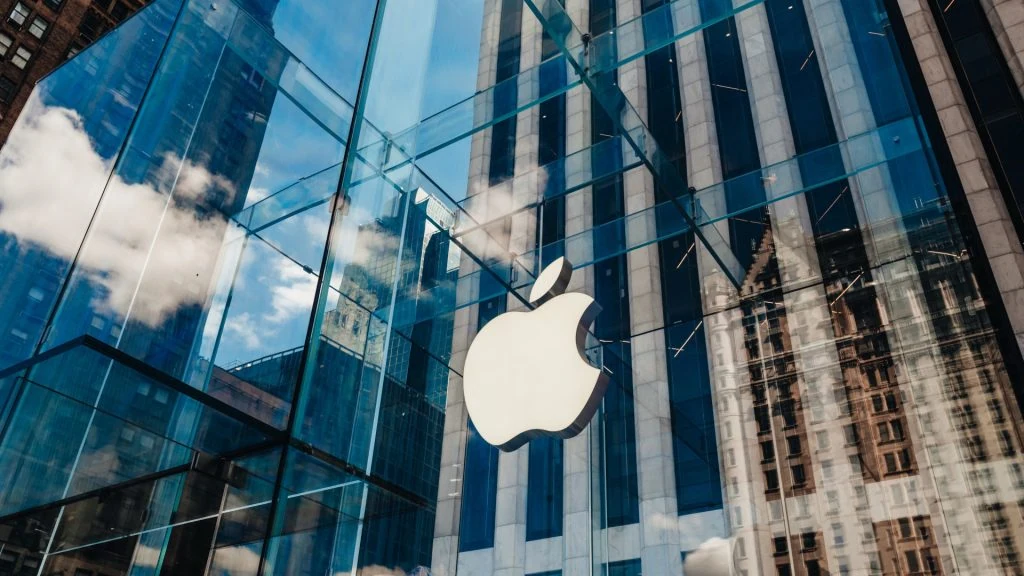Under pressure from Donald Trump’s policies, Apple is increasing its commitment to investments in the USA by 100 billion dollars.
The money will primarily be used to expand the production of components in the country over the next four years. Apple had already announced US investments of 500 billion dollars in February.
However, Trump is insisting that Apple should build the iPhone in the USA. Industry experts emphasize that this is hardly possible for many reasons. This is because the majority of the electronics industry’s supply chains have shifted to Asia for decades.
Apple CEO Tim Cook also emphasized years ago that, unlike in countries such as China, it would not be possible to find enough skilled workers in the USA. One analyst estimated that an iPhone produced in the USA would have to cost around 3,500 dollars.
Apple announced that the company would be hiring 20,000 new employees in the USA in the coming years, primarily in research and development. The investments will also benefit existing US suppliers such as the glass company Corning. In the future, all iPhones and Apple watches worldwide will be equipped with glass from the USA.
Trump unhappy about iPhones from India
Apple originally had iPhones and other devices built in huge factory cities in China. Following supply bottlenecks due to Chinese lockdown measures during the coronavirus pandemic, production in India and Vietnam has also been expanded in recent years. The majority of iPhones sold in the US are currently supplied from India – and most other Apple devices come to the US from India.
A few hours before the Apple announcement, Trump doubled the tariffs on goods from India to 50%. The aim is to persuade India to cancel energy supplies from Russia. Oil revenues are important for the Kremlin in order to finance the war of aggression in Ukraine and keep the economy running overall. However, the majority of Apple’s imports to the USA are likely to fall under other planned tariffs on electronic devices, if at all.
Doubts about the big move
“I’m very skeptical,” said industry analyst Patrick Moorhead on US broadcaster CNBC when asked whether Apple will now shift a significant part of the value chain to the US. Even with the increased investment, we will still not see any production of iPhones or iPad tablets in the domestic market or even their final assembly on finished parts.
dpa



